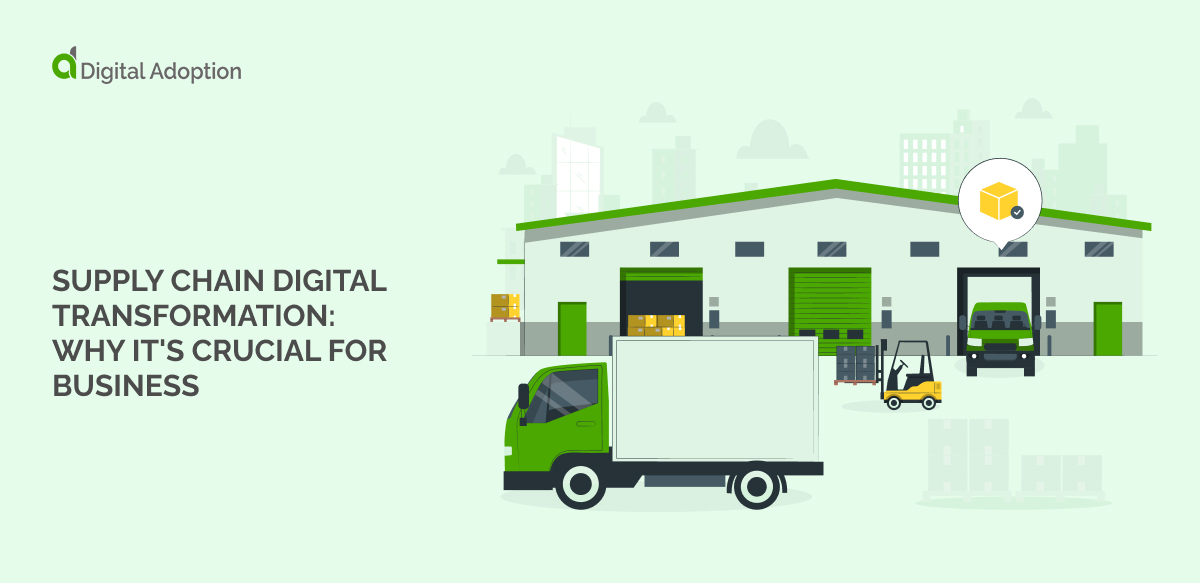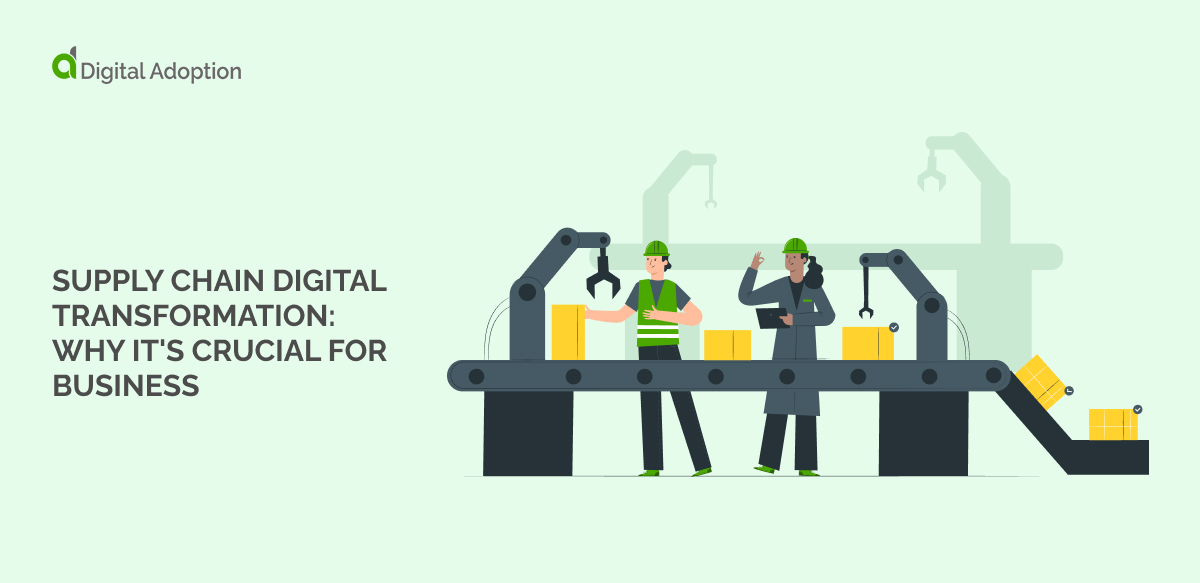In this digital transformation FAQ, we answer questions about this digital mega-trend.
These questions and answers can help readers:
- Understand what digital transformation is
- Learn why it matters
- Weigh the pros and cons
- Decide whether, when, or how to get started
Let’s get started.
Digital Transformation FAQ
In no particular order, here are many of the top questions that are asked about digital transformation.
What Is Digital Transformation?
Digital transformation is a relatively new term.
It refers to organizational change efforts that aim to:
- Improve an organization’s technology and tools
- Enhance employees’ digital skills
- Adopt new, modern business models
- Inculcate new cultural ideas
Among other things.
The technical definition will often differ slightly, depending on who you ask.
However, most of those definitions revolve around core concepts such as those above.
Why Does Digital Transformation Matter?
Today, the entire economy is digital.
Businesses are regularly engaged in digital adoption, transformation, and change efforts.
Because of this, the entire global economy is digitizing.
Digital transformation helps businesses stay competitive in this environment.
Those that can transform effectively will survive, thrive, and succeed.
Companies that are too slow to adapt will lose their edge in the marketplace.
Which Industries Are Undergoing Digital Transformation?
Digital transformation is affecting every industry, from retail to marketing to healthcare.
The impact of digital transformation differs from industry to industry.
The scale of that impact depends on factors such as:
- How reliant an industry is on technology
- What type of technology that industry uses – i.e., hardware or software
- The advancements of technology in general, and for that industry specifically
Regardless of the scale of that impact, every company is transforming to some degree.
When Should a Company Transform?
This answer also depends on a number of factors, such as:
- The industry or marketplace
- Budget constraints
- A company’s long-term strategy
Other factors may also come into play, such as government regulation or legal hurdles. Healthcare and finance, for instance, have more to consider when it comes to transformation.
However, as a general rule, the sooner the better.
Companies should stay ahead of the curve, rather than try to catch up to it.
What Do Digital Transformation Processes Look Like?
A digital transformation project involves a number of steps, such as:
- The digital adoption of new technology, tools, software, and platforms, to maintain or gain a competitive advantage
- IT modernization, from infrastructure to hardware to software
- Implementation of digital-first business strategies
- Refocusing efforts on the customer experience
These disparate efforts follow global trends that prioritize customers and technology.
Such trends contrast to “old-fashioned” business models that follow waterfall design approaches.
What Are the Benefits of Digital Transformation?
One of the most important questions is: why digital transformation?
Some of the biggest benefits include:
- A competitive advantage in the marketplace
- Improved technology capabilities and technical capacities
- Business models that are more cost-effective and streamlined
- Innovative, adaptable corporate cultures
Among others.
The sooner a company can adopt digital technology, transform its business, and evolve, the greater the rewards it will reap.
What Are the Drawbacks of Digital Transformation?
Digital transformation does have drawbacks:
- It is not always easy – organizational change requires planning, effort, and support
- Employees and managers may resist change, especially if it is not planned for and mitigated
- Outcomes are not always predictable or guaranteed
- Digital transformation is an investment, sometimes a large investment
These are some of the biggest barriers to digital adoption, transformation, and change.
Despite these drawbacks, digital transformation is widely viewed as a necessary process in today’s economy.
With the right planning, those benefits will often dramatically outweigh the costs.
Who Can Help with Digital Transformation?
Digital transformation is a complex process.
And each transformation project is unique.
To achieve their digital transformation goals, companies should obtain expertise from:
- IT
- Change management
- Digital adoption
- HR
And more.
Internally, any digital transformation project should involve executives, IT staff, change management professionals, and those affected by the program.
In short, everyone involved can support digital transformation to some extent.
Is Digital Transformation a Must?
Not necessarily – a local brick-and-mortar business may be less impacted by technology than other businesses.
A good way to gauge technology’s impact is to measure how much one’s company already uses technology.
Small businesses that don’t use technology will be less affected.
However, any business that implements software, technology, or machinery will definitely be affected by technology trends.
Those businesses should consider the impact of not transforming, then plan accordingly.
Where Can We Find More Information?
For more information about digital transformation, look at:
- The rest of this digital adoption blog
- Leading business publications, such as Forbes and Harvard Business Review
- Companies leading the digital transformation wave, such as WalkMe
- Major research firms, such as Gartner or McKinsey
Also, it is worth following leaders and publications in one’s own market.
They will often be the first to show signs of industry-wide transformation.













